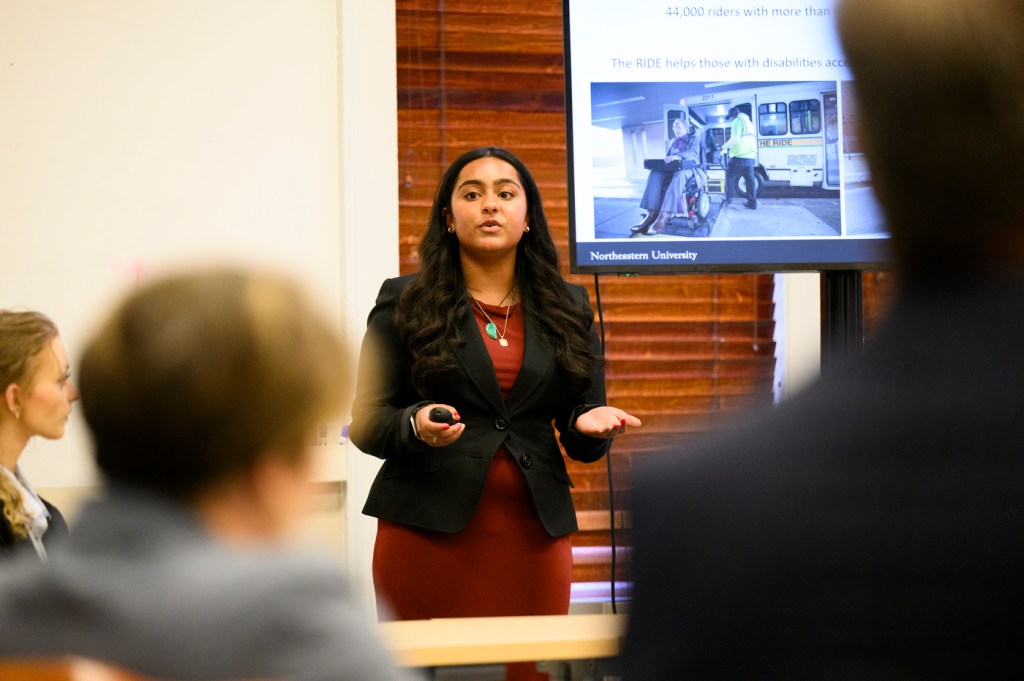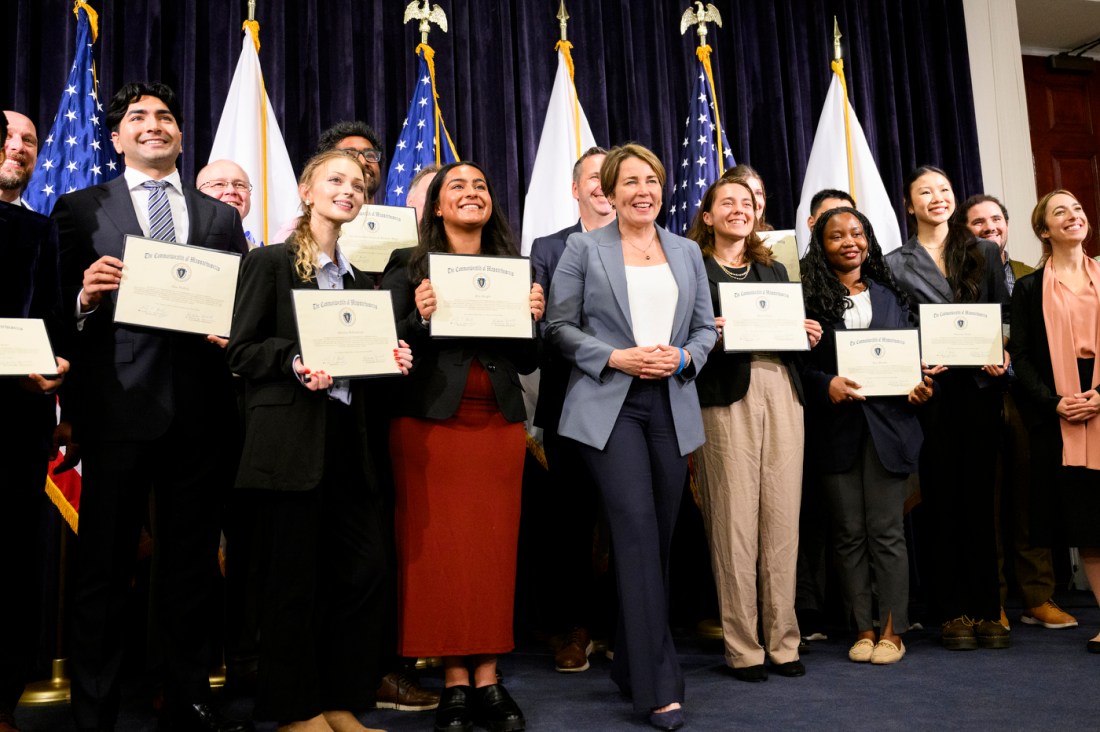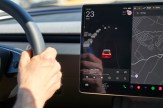Need info about the MBTA’s paratransit service? A new chatbot developed by Northeastern students is speeding up the process

People calling the MBTA’s paratransit service, The RIDE, want to talk to a person, not a computer.
But that doesn’t mean a generative artificial intelligence chatbot developed by students in Northeastern University’s AI for Impact Co-op Program can’t help that conversation.
After all, interactions with the best chatbots — computer programs designed to simulate human conversations — can quickly provide answers to frequently asked questions.
And at the MBTA, customer service representatives are now using the chatbots to quickly retrieve and pass along valuable information to the public.

“A lot of the customer service representatives remarked that this chatbot is the fastest way for them to find information,” says Ria Singh, a rising third-year Northeastern student who developed the system along with fellow student Rudra Sett. “They were just pretty excited about it.”
Editor’s Picks
The AI for Impact Co-op Program is run by the Burnes Center for Social Change at Northeastern, and places students with state agencies to work full time on experiential AI projects for the social good. One of those agencies this spring was the MBTA.
The MBTA’s RIDE paratransit service provides door-to-door, shared-ride public transportation to people who can’t use the subway, bus or trolley due to temporary or permanent disability. It is available year-round in 58 Greater Boston municipalities and helps 44,000 residents access work, health care and their community.
But finding information on The RIDE’s policies; applying for the service; making, amending or canceling a reservation; and answering questions about the service requires digging through a multitude of websites — or contacting a customer service representative.
Many of The RIDE’s customers prefer the latter.
“Customers prefer to call through a person and call takers often have to reroute them, and that takes a lot of time,” Singh says. “You have to go through so many links to find the answer and it takes forever.”
So, Singh and Sett simplified the process with an AI chatbot. The chatbot allows call takers to quickly search policies and other MBTA documents and find answers to queries that they can relay back to the customer. The tool also generates lists of sources that customer service representatives can refer to for further information.
Already, the customer service representatives they spoke to found the chatbot helpful during testing.
Singh and other Northeastern AI for Impact students briefed Gov. Maura Healey on their projects at the Statehouse on Wednesday.
“You really should be proud of your work,” Healey told the students. “I’m blown away.”
As for customers of The RIDE, the students hope that the tool will enable a reduction in call handling times and decreases in call rerouting, among other improvements.
And, if the state decides that The RIDE customers are comfortable with AI, the chatbot is adaptable so it can be used as an external tool.
“But I think that’s pretty far away,” Singh says, laughing.











